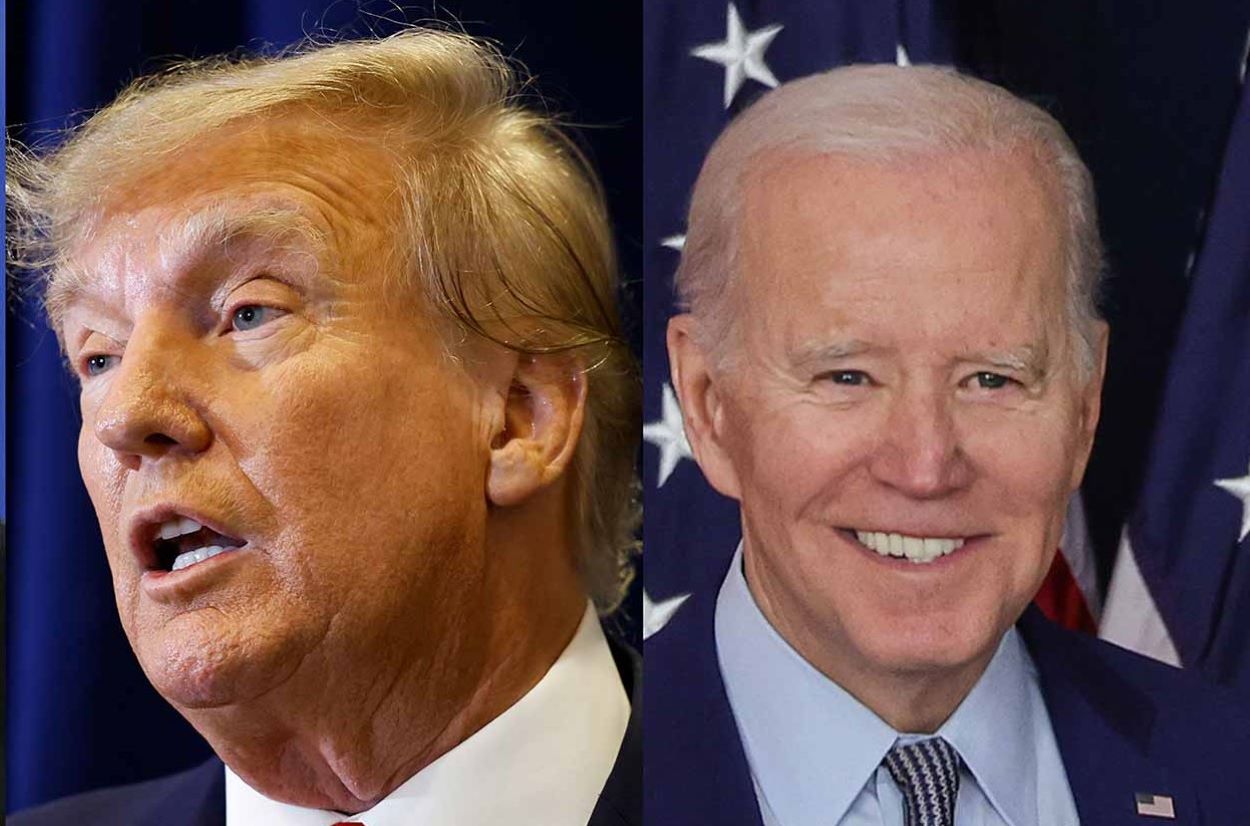US President Joe Biden and former President Donald Trump have agreed to participate in two debates, marking significant upcoming events in the presidential race.
The debates are scheduled for June 27 and September 10. President Biden humorously remarked on social media, “As you said: anywhere, any time, any place.” Trump criticised Biden’s debating skills and expressed eagerness for the encounters.
CNN announced that the first debate would take place in their Atlanta studio without an audience and would be moderated by Jake Tapper and Dana Bash. This debate’s location is significant as Georgia is a key battleground state in the upcoming November election.
The second debate, hosted by ABC on September 10, will follow the Republican National Convention. A vice-presidential debate is also under consideration for July.
The two leaders have divergent views on the debate conditions. Biden has advocated for strict rules to minimize interruptions, whereas Trump has requested more than two debates and prefers a large venue to enhance excitement.
Independent candidate Robert F. Kennedy Jr. also intends to join the CNN debate, pending qualification, which involves appearing on enough state ballots to achieve 270 electoral votes and attaining at least 15% in four national polls. However, a recent Reuters/Ipsos poll shows Kennedy has only 13% support among Americans.
The anticipation for these debates is high, with potential live television viewership in the tens of millions. Each candidate faces significant risks; Biden’s team is concerned about Trump exploiting issues like abortion, while Trump’s team worries about Biden’s potential verbal missteps highlighting concerns about his age.
Debate settings are still being negotiated, with both sides aiming to shape the events to their advantage. The Biden campaign has suggested debates be held before early voting starts. It has declined participation in the traditional Commission on Presidential Debates-sponsored events, citing past challenges with rule enforcement.
These debates represent critical moments for both candidates as they communicate directly with voters across the United States.






